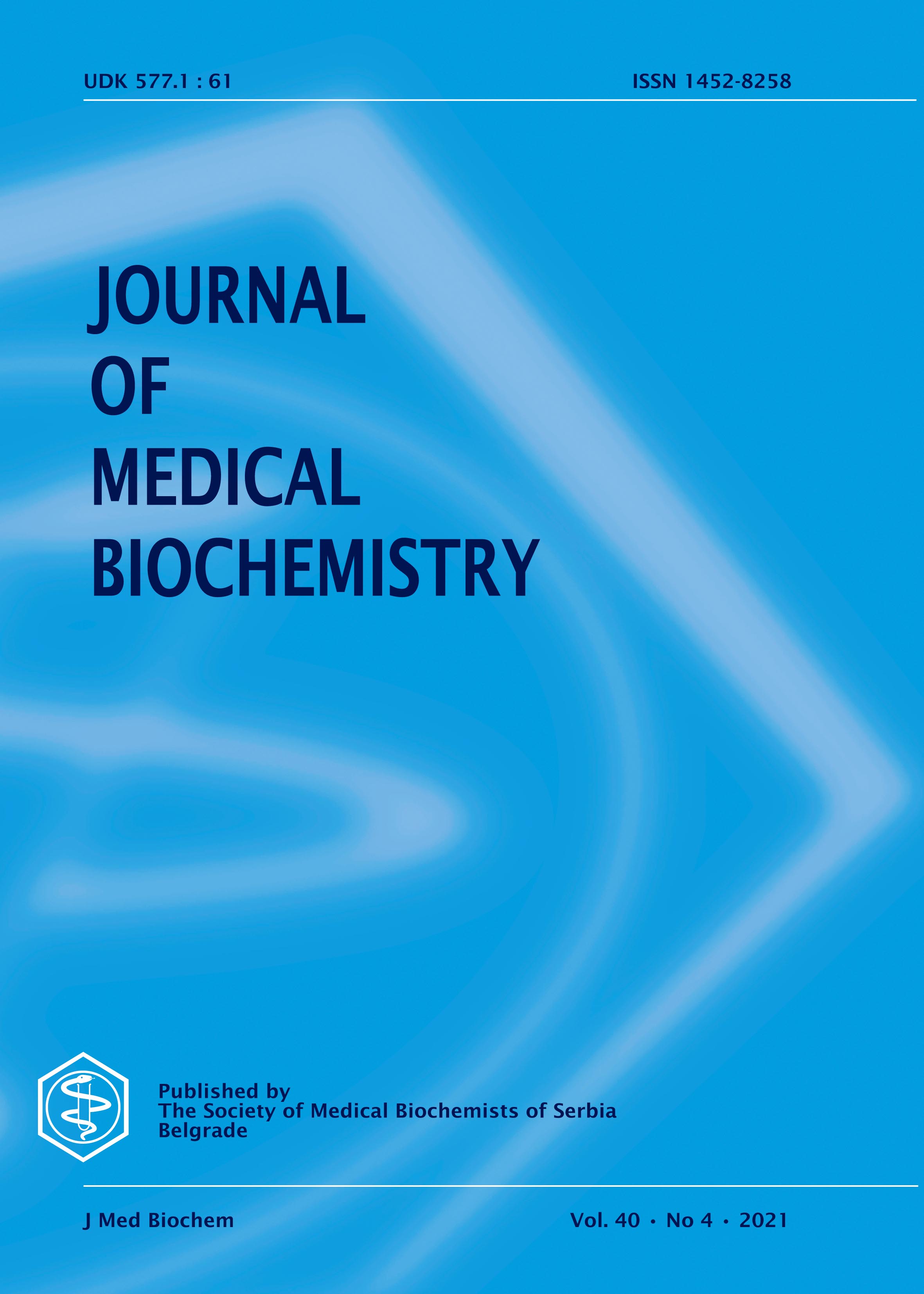Niski nivoi vitamina D povezani su s koagulopatijom kod hospitaliziranog pacijenta s koronavirusnom bolešću-19 (COVID-19): jednocentrična studija u Indoneziji
Sažetak
Background: This study was aimed to explore the association of vitamin D in the risk of coagulopathy in coronavirus disease-19 (COVID-19).
Methods: Clinical and laboratory findings were obtained from 50 confirmed COVID-19 patients hospitalized in Saiful Anwar General Hospital, Malang, Indonesia since September to November 2020. Thrombotic events during hospitalization were recorded and ISTH disseminated intravascular coagulation (DIC) score was used for the classification of overt DIC. Hypovitaminosis D was defined by serum vitamin D level <20 ng/ml.
Results: Among 50 patients, 42 (84%) had hypovitaminosis D and 6 (12%) developed thrombotic events. Vitamin D levels were lower in patients with thrombotic events (p=0.015), D-dimer >2 mg/L (p=0.006), ISTH DIC score ≥5 (p=0.020), admitted on ICU (p=0.002), and non-survivor groups (p=0.007). Multivariate analysis for the risk in increased levels of D-dimer showed low vitamin D as the only significant risk factor with OR 1.8 (1.2-4.4), p=0.034. Low vitamin D also increased the risk for developing overt DIC with OR. 5.4 (1.0-30.2), p=0.039. Vitamin D level had negative correlations with ferritin (R=-0.316, p=0.044) and CRP (R=-0.530, p=0.000).
Conclusion: In conclusion, low level of vitamin D was found in the majority of hospitalized COVID-19 patients and might be associated with the development of the coagulopathy.
Sva prava zadržana (c) 2021 Hani Susianti, Cesarius Singgih Wahono, Perdana Aditya Rahman, Mirza Zaka Pratama, Indah Adhita Wulanda, Khoirunisah Dwi Hartanti, Elvira Sari Dewi, Kusworini Handono

Ovaj rad je pod Creative Commons Autorstvo 4.0 međunarodnom licencom.
The published articles will be distributed under the Creative Commons Attribution 4.0 International License (CC BY). It is allowed to copy and redistribute the material in any medium or format, and remix, transform, and build upon it for any purpose, even commercially, as long as appropriate credit is given to the original author(s), a link to the license is provided and it is indicated if changes were made. Users are required to provide full bibliographic description of the original publication (authors, article title, journal title, volume, issue, pages), as well as its DOI code. In electronic publishing, users are also required to link the content with both the original article published in Journal of Medical Biochemistry and the licence used.
Authors are able to enter into separate, additional contractual arrangements for the non-exclusive distribution of the journal's published version of the work (e.g., post it to an institutional repository or publish it in a book), with an acknowledgement of its initial publication in this journal.

